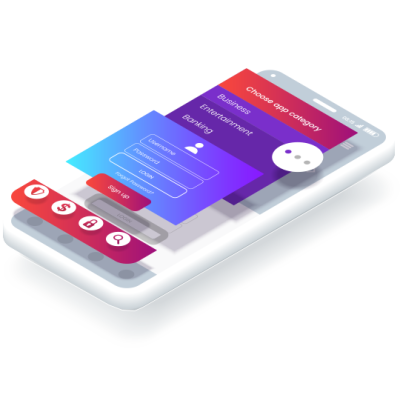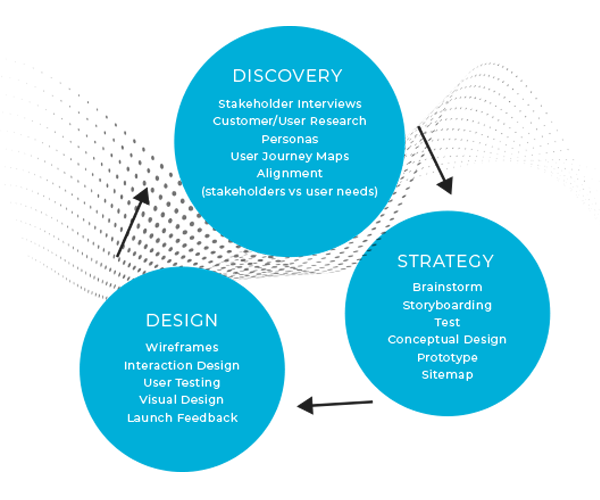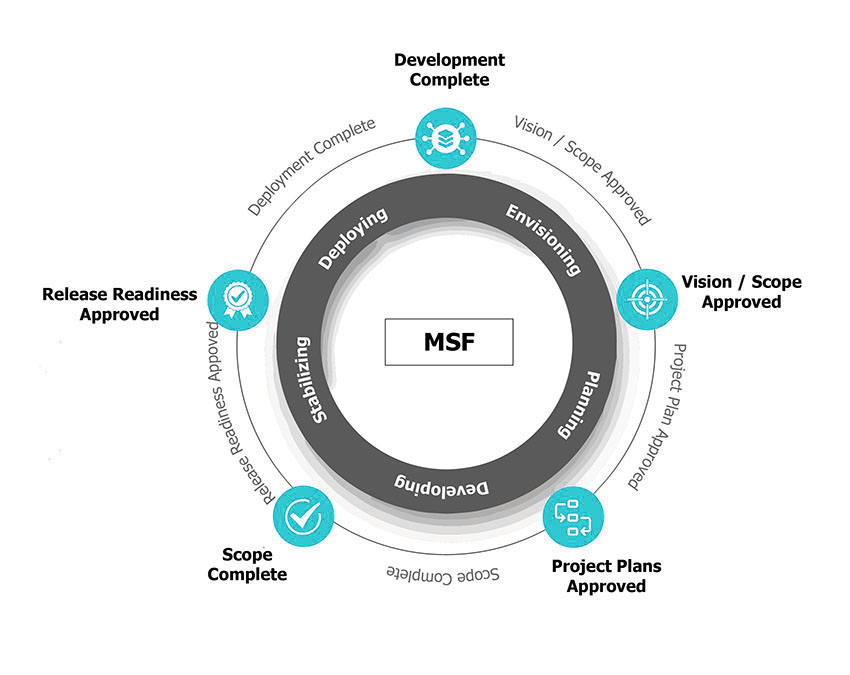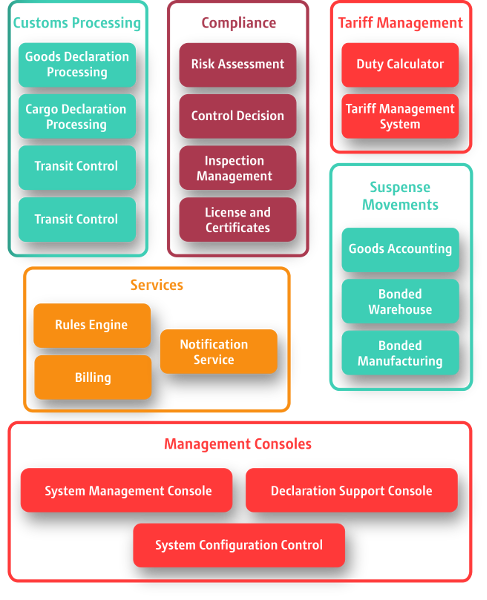Interfront
Software Development Approach
How it happens!

Making It Happen @ Interfront
Our software development approach
“The primary goal of business strategy is to create competitive advantage; the essence of that advantage is being different. Virtually all business strategies today have an IT component which commonly depends on custom applications” – David Chappell & Associates.
Ensuring IT meets business critical requirements: In the modern business world, Information Technology has taken on a completely new role within the organisation, as technology has become a chief enabler of business agility and competitive advantage. Interfront’s Custom Software Development capability will help to meet the specific business requirements pertaining to the development of the solution, resulting in improved operational efficiency and maximum return on investment.
Adding simplicity to your business needs. Creating Customised Solutions.


USER EXPERIENCE
In today’s business context, an effective user experience determines the difference between products that fail and those that succeed. An effective, streamlined, and powerful design is imperative to deliver the types of compelling and engaging websites, web applications and desktop experiences that clients and users expect.
‘User Experience’ refers to the response a person has when interacting with a device application, and is generally measured by the user’s satisfaction with the design, features, interactivity, ease of use, and accuracy of the application.
An unsatisfactory user experience can drastically impact user adoption and customer satisfaction. The right user experience will result in increased efficiencies and usability, reduced overheads and training costs, and improved collaboration among designers and developers.
Allowing the user to engage the services from the device of their choosing through responsive application design, provides improved user experience.
The following figure opposite illustrates our approach to User Experience and the phases that our clients are guided through.
AGILE DEVELOPMENT
Interfront uses an agile development methodology. Core to this development approach is the following:
- Development iteration – a period of time in which agreed deliverables are completed. The duration of the iteration can be varied according to the business requirements. The team’s ability to perform will ultimately determine what the optimal duration of an iteration is.
- Product backlog – a prioritised list of work items which is based on what value the completed work item will deliver to the business and give the greatest return on investment.
The benefits of this approach are primarily:
- Quicker delivery
- Greater transparency
- Flexibility to reprioritise business needs
- Improved quality assurance (changes and fixes are quickly addressed due to shorter iterations)
Although the high-level scope of the proposed solution is defined in a proposal; as the development project progresses these may change for a number of business- related reasons i.e. undiscovered requirements are introduced into the project at a later stage. An agile approach will allow clients to change the project plan with minimal disruption to the “velocity” (productivity) of the team.

The main benefit of our approach is that our clients will be intricately involved in the development of the solution. Both stakeholders will provide input into all workable increments and have complete transparency of project progress. This approach allows for immediate corrections where necessary and ensures that clients do not get to see the final output for the first time at the end of the project. This also results in improved quality of outputs and when necessary the ability to reprioritise requirements.

APPLICATION LIFECYCLE MANAGEMENT
Interfront is a leading provider of application life cycle management (ALM) services using Microsoft Team Foundation Server to help organisations manage and improve custom application delivery. We bring together best practices, real-life customer successes and innovative technology to address the multitude of complexities faced by organisations.
MICROSOFT SOLUTIONS FRAMEWORK
Interfront Microsoft Solutions Framework (MSF), a five-phase project approach that has been executed across multiple customer engagements of various project types and sizes.
Every project goes through a life cycle, a process that includes all of the activities in the project that takes place up to completion and transition to operational status. The main function of a life cycle model is to establish the order in which project activities are performed. The appropriate life cycle model can streamline a project and help ensure that each step moves the project closer to successful completion.
The MSF for Agile Software Development methodology will provide process guidance enabling the project team to focus on prioritised requirements in a structured manner. A simple view of the MSF Process Model life cycle is shown below.
- Envisioning is about creating a business vision and defining the scope of work necessary to bring the vision to reality.
- Planning continues until we have detailed functional requirements, system and application architectures, and a detailed project plan for the remainder of the project.
- Development begins with the first iteration of development and culminates with the functionally complete milestones. Iterations are repeated as “sprints”.
- Stabilization represents testing and acceptance.
- Deployment includes final development, release management, and deployment.
FURTHER SOLUTION OFFERINGS
The iCBS Customs Processing suite consists of declaration processing modules. These modules support the business processes for the import and export of Goods, arrival and departure of Cargo Transit declarations from multiple submission channels. In addition, the declaration processing functionality is extended to the support of Excise declarations.
Our iCBS Compliance suite consists of Risk Assessment, Inspection Management and Control Decision modules which check for non-compliance and decides on the control actions and inspections related to declarations submitted. It further includes a License and Certificate management system that manages the lifecycle of electronic permits, licenses and certificates from multiple issuing authorities.
Movement of goods under duty suspense is supported by the iCBS Suspense Movements suite. It consists of a Goods Accounting module which reconciles reported cargo movements with the matching declared goods movements. In addition, the iCBS Suspense Movement suite includes a Bonded Warehouse and Bonded Manufacturing module which is responsible for tracking goods under duty suspense into warehouse or manufacturing facilities respectively until acquittal at exit.
Our iCBS Tariff Management suite is responsible for the classification of commodities and the calculation of duties. The classification standard is compliant with the WCO Harmonised System and supports the national sub-headings and additional codes of the respective country. Furthermore, the functionality of these modules is extended to the management of prohibited and restricted goods and considers specific geographic procedures. The iCBS Tariff Management suite consists of a Duty Calculation and Tariff Management System user interface.
The iCBS is supported by a suite of services and management consoles. These services enable the iCBS modules to send notifications in multiple formats via different communication channels. It further consists of a configurable rules engine that can easily adapt to policy amendments. The iCBS services simplify integration to external billing engines.
Interfront has made substantial investments in ensuring that our customers are enabled and empowered. As a result the iCBS suite of management consoles was developed that enables self-service administration and real-time systems health monitoring capabilities. The Management Consoles allow specific iCBS modules to be resilient to off-line conditions and the remedying of unforeseen technical errors.





